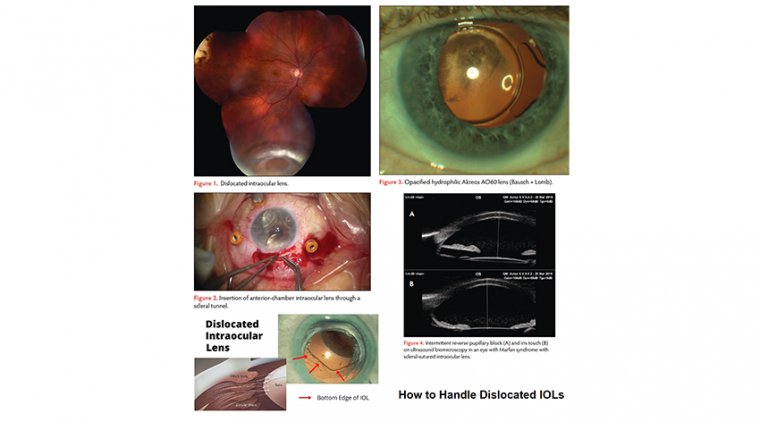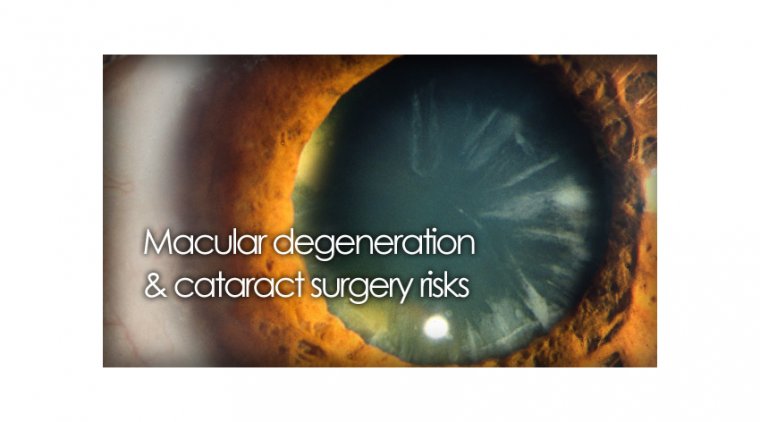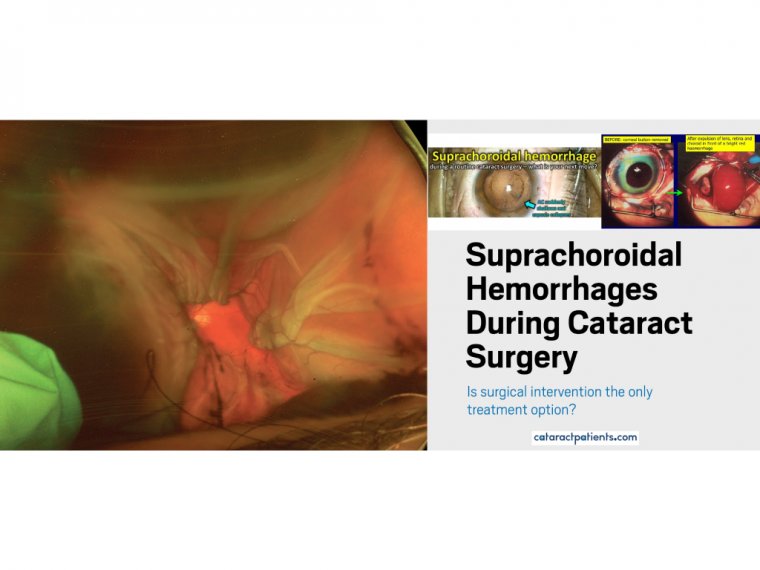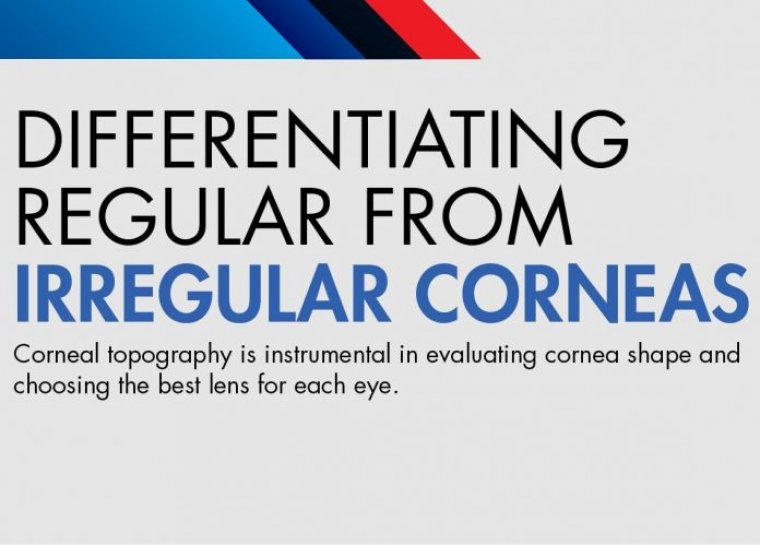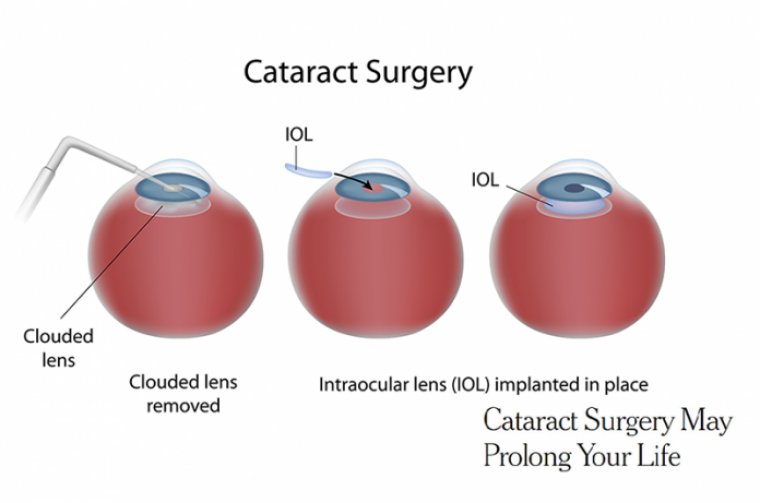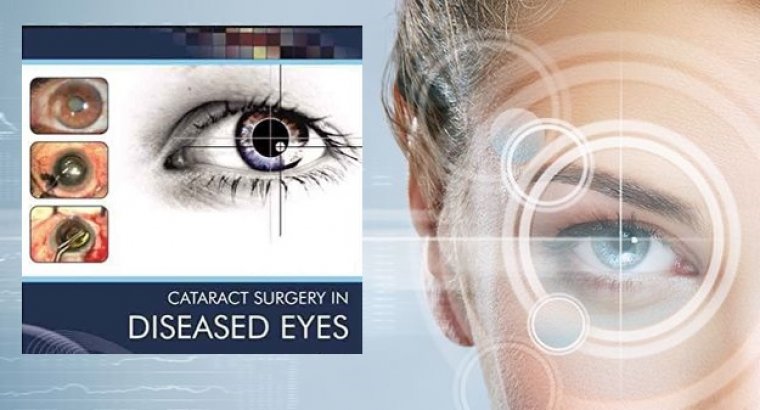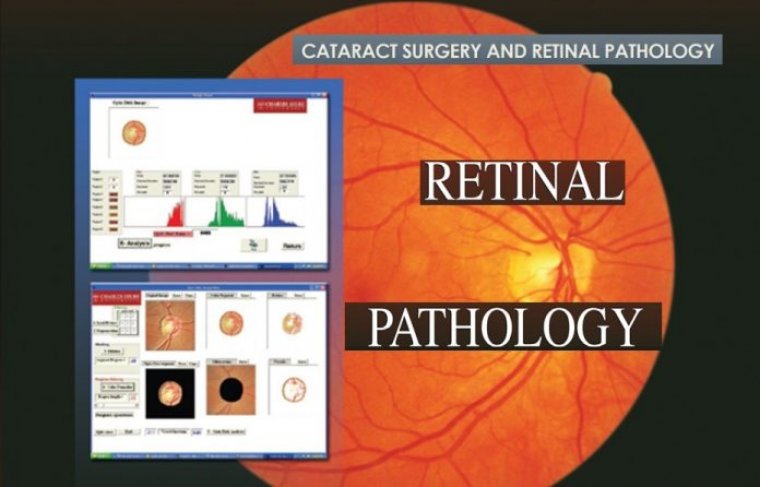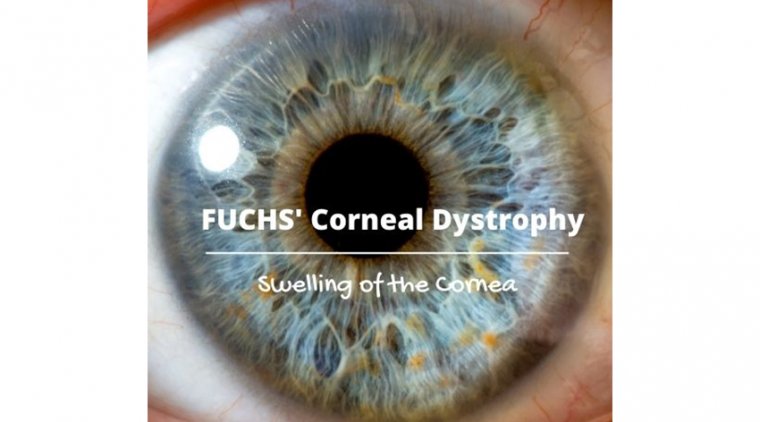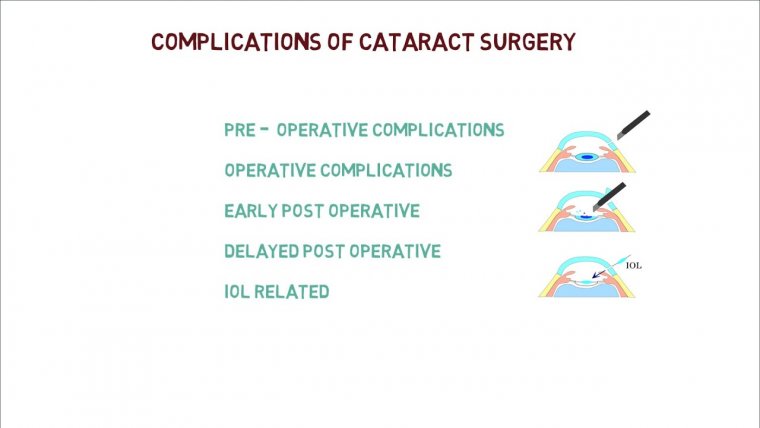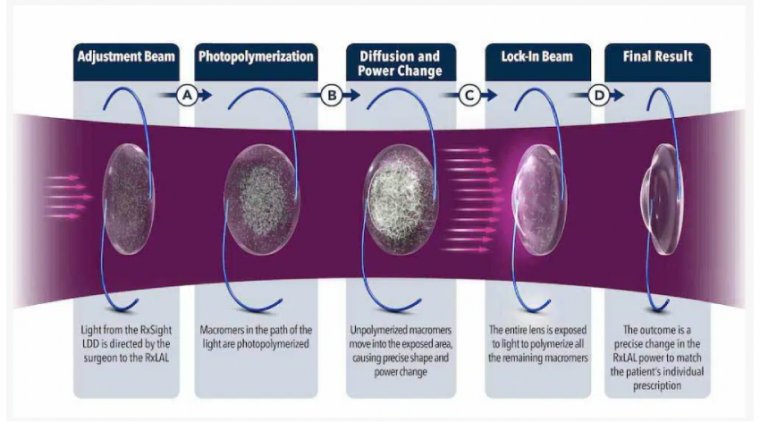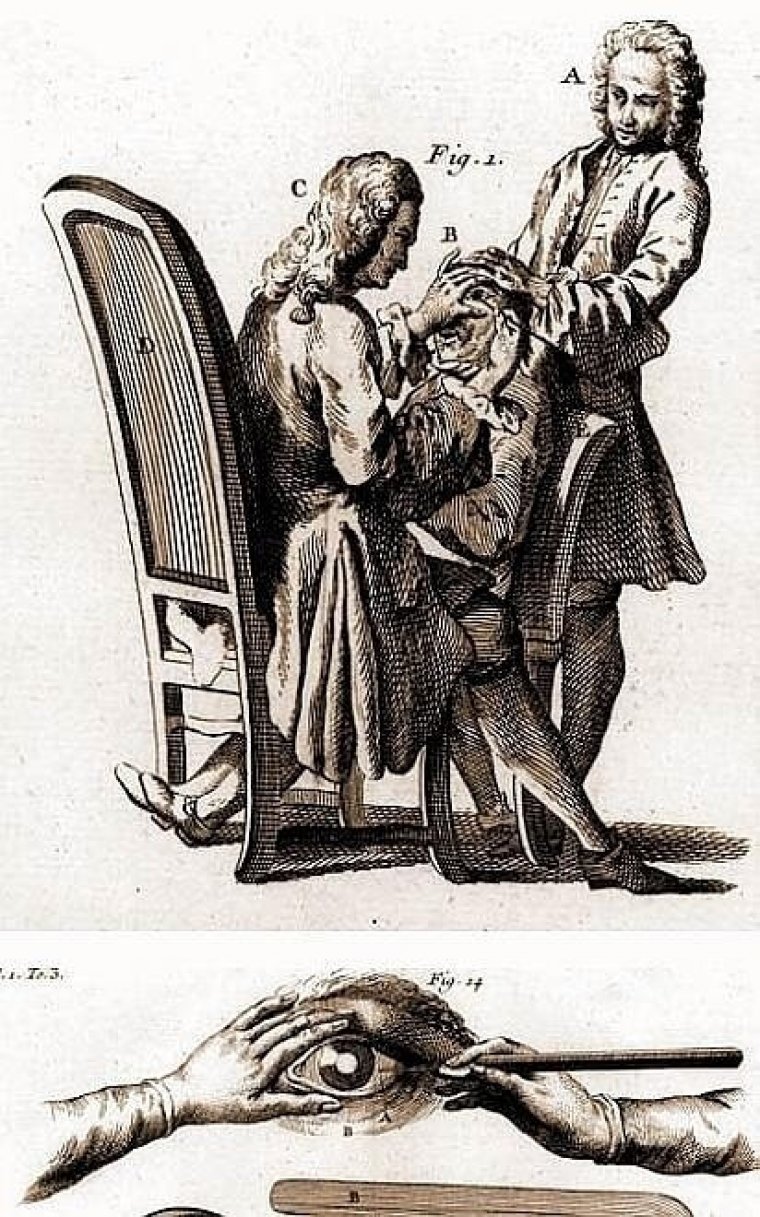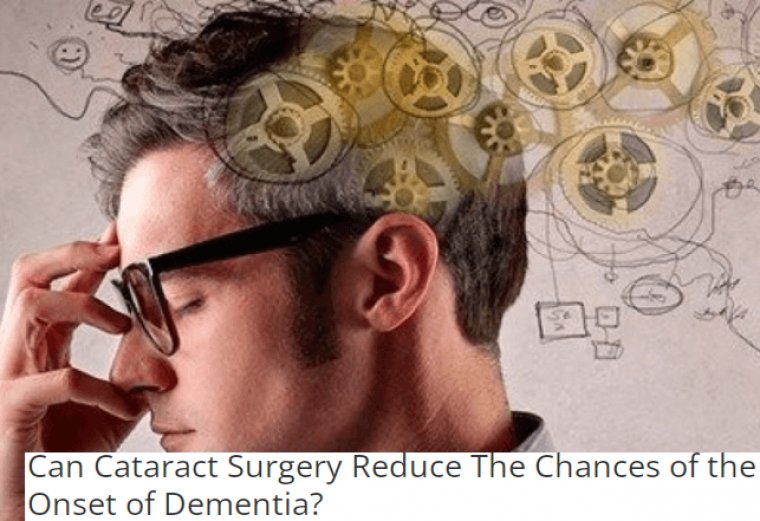
Association Between Cataract Extraction and Development of Dementia
Researchers Find Evidence That Cataract Surgery May Lower Risk of Developing Dementia.
Dementia affects nearly 50 million people worldwide, and no effective treatments exist. Efforts to reduce risk or delay dementia onset are increasingly important, as noted in the recent 2020 Lancet Commission report.
Twenty percent of adults older than 65 years in the United States experience significant sensory impairment, such as vision or hearing loss, even with correction. Addressing sensory loss that affects a substantial portion of older adults may be a potentially modifiable risk factor for dementia in late life.
Because sensory impairments and dementia are both strongly associated with aging, more knowledge about the association between sensory impairment and dementia may have important implications for individual and global public health, particularly if interventions to improve sensory function reduce dementia risk.
NEW YORK—Cataracts affect most older adults at risk for dementia, and now researchers are finding strong evidence that cataract surgery is associated with a lower risk of developing dementia, according to a new University of Washington study reported last week.
The Adult Changes in Thought (ACT) study is a long-standing, Seattle-based observational study at Kaiser Permanente Washington of more than 5,000 participants older than 65.
Based on the longitudinal data of over 3,000 ACT study participants, researchers have now found that subjects who underwent cataract surgery had nearly 30 percent lower risk of developing dementia from any cause compared with those who did not.
Lead researcher Dr. Cecilia Lee, associate professor and Klorfine Family Endowed Chair in ophthalmology at the University of Washington School of Medicine, said the observational study adjusted for a number of potential confounders, yet still yielded a strong association.
“This kind of evidence is as good as it gets in epidemiology,” Lee said. “This is really exciting because no other medical intervention has shown such a strong association with lessening dementia risk in older individuals.”
The study results highlight a strong case for further research on the eye-brain connection in dementia. Previous studies by Lee’s group at the UW have shown a strong link between other retinal diseases, such as age-related macular degeneration, and the development of Alzheimer disease and dementia.
Subjects with macular degeneration or other retinal degenerative diseases are more likely to develop dementia.
In the current study, subjects undergoing vision-improving cataract surgery had lower risk of developing dementia. Further understanding the connection between the aging eye and brain may offer insights and potential therapies to slow or prevent age-related dementia.
According to the study, this lowered risk persisted for at least a decade after surgery. Cataract surgery was also associated with lower risk of Alzheimer disease dementia specifically. The results were reported Dec. 6 in JAMA Internal Medicine.
The mechanisms by which cataract surgery and lessened dementia risk are associated was not determined in this study. Researchers hypothesize that people may be getting higher quality sensory input after cataract surgery, which might have a beneficial effect in reducing the risk of dementia.


